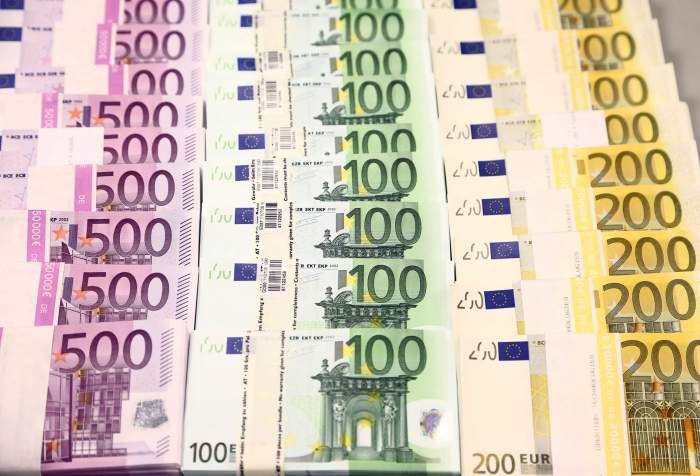By Leika Kihara and Takahiko Wada
TOKYO (Reuters) – The Bank of Japan is likely to keep buying exchange-traded funds (ETF) at the current rate of roughly 100 billion yen ($950 million) per day until at least March 31, when the current fiscal year ends, in order to soothe market jitters, sources familiar with its thinking said.
The BOJ does not buy ETFs every day but occasionally steps into the market, usually when stock prices fall sharply as they have done in recent days as a result of the widening economic fallout from the coronavirus epidemic and a crash in global oil prices.
The BOJ issued an emergency statement on March 2 pledging to offer ample liquidity via market operations and asset buying, and since then the central bank has accelerated the pace of its daily ETF buying to put a floor under stock markets.
It bought a record 100.2 billion yen in each of the four days it stepped into the market in March, up from around 70 billion yen it typically bought until February.
To calm markets, the BOJ is likely to keep buying at or above 100.2 billion yen of ETFs per day whenever it steps into the market at least until March 31, when companies close their fiscal 2019 books, the sources said on condition of anonymity as they were not authorized to speak publicly.
“The key is to breed confidence in the market and the BOJ’s current ETF buying plays a significant role,” one of the sources said.
“The BOJ is likely to hold off on trimming the size of its buying for some time,” from the current level of roughly 100 billion yen a day, the source said.
Under a policy dubbed yield curve control, the BOJ guides short-term interest rates at -0.1% and the 10-year government bond yield at around zero. It also buys risky assets such as ETFs to funnel money to the economy.
The BOJ occasionally steps into the market to buy ETFs under a guidance to purchase roughly 6 trillion yen annually. Some market players say the central bank may reach that target in several months if it keeps buying at the current daily pace.
Sources familiar with the BOJ’s thinking said the central bank may expand monetary stimulus next week by pledging to increase its ETF purchases if market volatility continues to hurt business confidence.
(Reporting by Leika Kihara and Takahiko Wada; Editing by Simon Cameron-Moore)



















